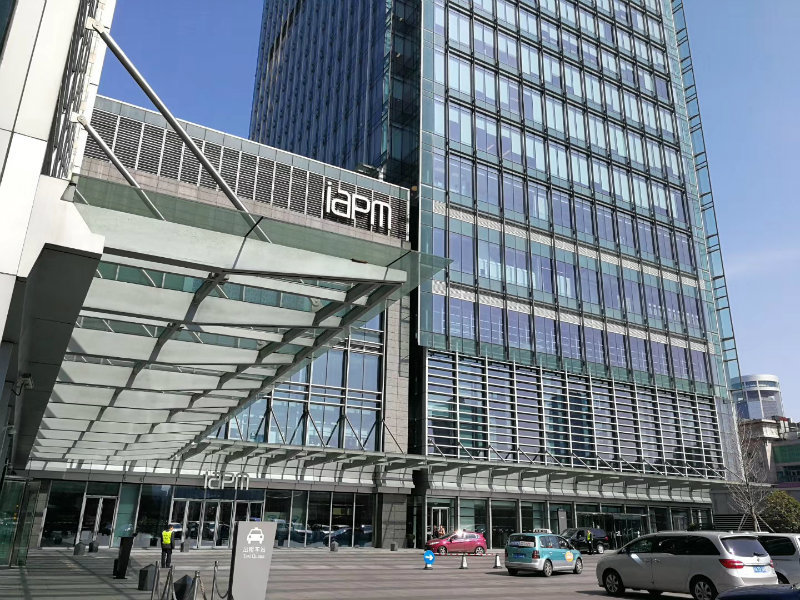This noon, a heavyweight news flashed in front of the public fighting against the epidemic. The Hong Kong government is going to give red envelopes to Hong Kong citizens, estimated at HKD 10000 per person. Upon hearing this, Chad felt envious and jealous, thinking 10000 times that it would be great to send them to me.
Speaking of which, is it good or bad to directly send money to everyone? Does it have a positive effect?
Let’s argue with the viewpoint of supporting direct payment:
Step * depends on how much it costs to send?
What form should we send it in the second step?
If there is too little money and the stimulus for expanding domestic demand is not sufficient, the basic goal is to achieve as much as possible. Too much money makes it easy for ordinary people to deposit it in banks, which is not conducive to expanding domestic demand. Moreover, the national finance cannot support it.
Directly discovering that gold is less desirable is for a simple reason, which is that the use of funds is not directed and it is difficult to control whether they are used to purchase products; It is also feasible to distribute shopping vouchers, but attention should be paid to the difference between long-term and short-term. Shopping vouchers have no time limit and have the same effect as not distributing them. Having appropriate time limits is better, but it only treats the symptoms rather than the root cause.
In fact, domestic demand during a certain period of time can be seen as fixed, and only when ordinary people have spare money will they make extra purchases, which is the actual expansion of domestic demand. Idle money refers to funds that can be used without considering the opportunity cost of this portion of money.
The fundamental way to expand domestic demand is to improve the social security system and reduce the opportunity cost of funds in the hands of the people.
Let’s also argue against the viewpoint of directly issuing money:
After understanding China’s national conditions from an economic perspective and analyzing them in combination with the actual situation, it can be concluded that the claim that directly giving money to the people can stimulate domestic demand is unreliable and lacks accuracy.
Firstly, the method of directly sending money to the people is not feasible. Let’s think about where this money comes from, and the state does not have the right to directly print money to distribute to people. Moreover, this will directly lead to inflation. The money received will shrink, and when converted into the purchasing power of the entire market, it will be the same. In the past, people could buy how many goods with the currency they held. If you print more money and send it to the people, the currency will depreciate, and the total amount of goods that people can buy with the currency they hold will not change. Therefore, this method is not feasible.
Even if the government can directly send money to people, we still need to consider whether this money will be directly used to boost domestic demand. If you send this money to thousands of farmers, working class, and so on, everyone’s first reaction is to save the money, because in case of any major illness in the future, such as buying a house or having children go to school, the boosting effect on the entire domestic demand will be minimal.
Furthermore, even if everyone spends all their money and buys all the shoes, clothes, medicines, and other items they need to buy for the year within a month, they will not engage in significant consumption for the next six months. Such consumption will only stimulate domestic demand by drinking poison to quench thirst. The temporary peak of consumption will be replaced by a long-term off-season of consumption, which will have a worse impact on the economy.
Overall, I believe that directly sending money to the people cannot fundamentally stimulate domestic demand, and more policies and measures that are suitable for China’s national conditions need to be taken.
Let’s talk about the choice of most experts: don’t just send money, find ways to stimulate domestic demand is the key
Establishing a sound housing provident fund, social security, and medical insurance system is of utmost importance. People are only willing to spend their money when they feel that they have no worries;
Lowering deposit interest rates, lowering benchmark loan interest rates, and encouraging the development of small and medium-sized enterprises will make people unwilling to deposit money in banks. If we encourage the development of small and medium-sized enterprises and stimulate the growth of the ChiNext board, more people will be willing to invest their money in stocks, funds, and so on, which can revitalize the entire market economy;
Take more holidays, establish a good public holiday system, and combine national statutory holidays with each other. Holidays are the primary productive force that stimulates consumption. It is not uncommon for many middle-aged people to buy tens of thousands of yuan worth of things during a trip. Therefore, giving more holidays to the working class is also a truth;
Improving the quality assurance system, perfecting various supervision systems and accountability systems, as long as people feel confident in buying things, eating healthily, enjoying transparent service fees, and so on, they will be able to spend money with peace of mind. Otherwise, they will feel cheated everywhere, how dare they spend money;
Improving education level means that the more pyramid shaped people are, the more money they spend. If the overall education level can be improved a bit, the economic development it drives will not be just a little bit. Education drives the overall development of the tertiary industry, which has a much greater impact than just supporting the secondary industry. However, this is very invisible and few people will pay attention to it.




